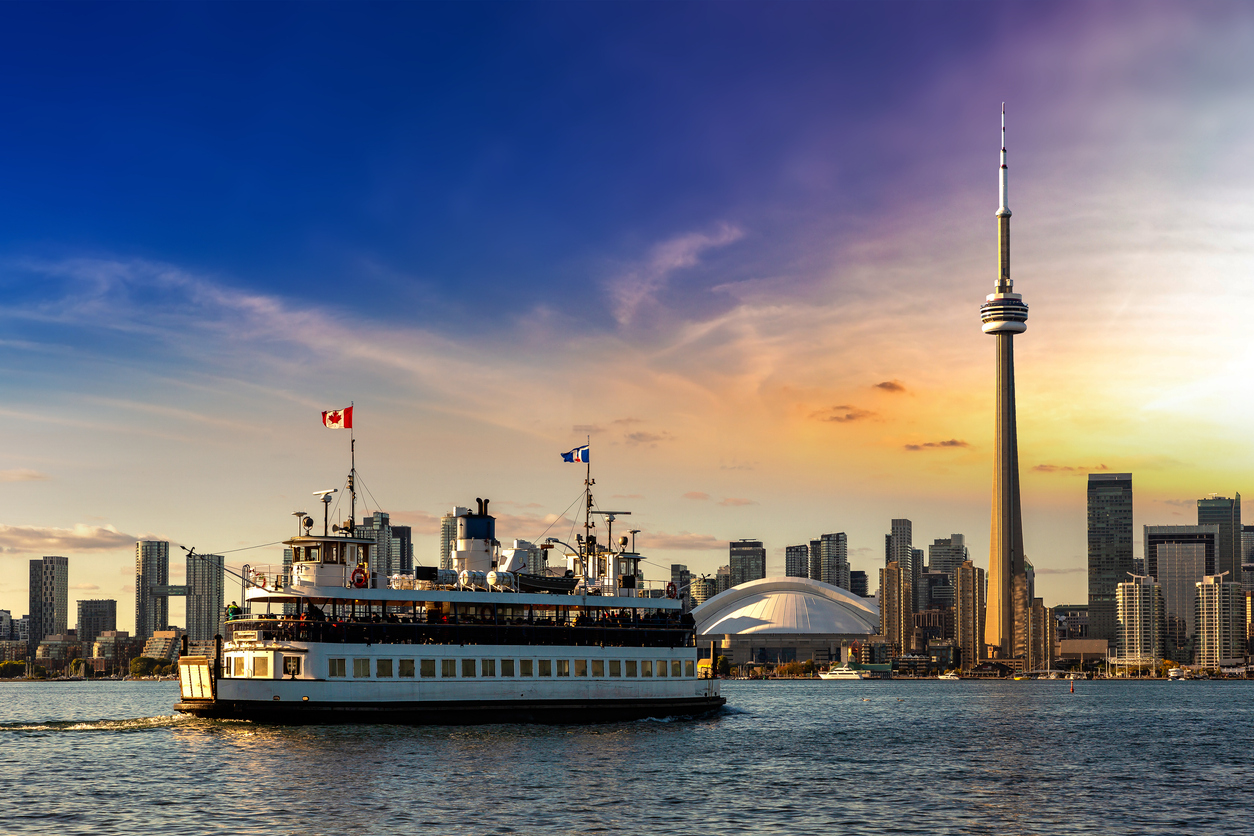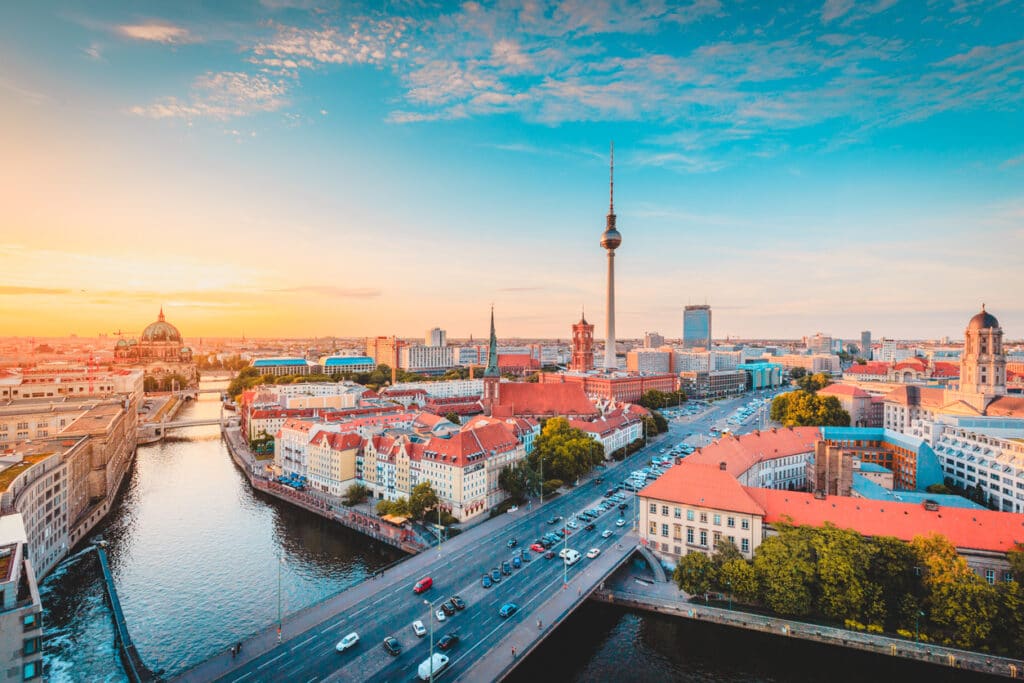Moving to Canada sounds like a dream—until your first grocery run reminds you that avocados are $2.49 each. In 2025, the cost of living in Canada remains high by global standards, and for Americans making the move, sticker shock is real.
From housing to healthcare, utilities to university tuition, Canada’s expenses don’t always align with expectations—especially if you’re coming from cities like New York or Austin. While some costs are lower (prescriptions! childcare in Quebec!), others—like gas or imported goods—may surprise you.
Whether you’re heading to cosmopolitan Toronto, creative Montréal, or family-friendly Calgary, understanding the financial landscape upfront will make your transition smoother—and your bank account happier.
📋 Key Updates for 2025
- Housing prices in major cities like Toronto and Vancouver have surged past $1 million CAD for detached homes.
- Average cost of living rose 2.3% nationwide, with groceries, rent, and transportation seeing the steepest increases.
- Living expenses in smaller cities like Kingston and Sherbrooke are catching up, with annual costs rising by $5K–$15K.
Cost of housing: Rent, real estate, and regional variations
Housing is one of the biggest costs you’ll face in Canada, and where you live makes a major difference. Toronto and Vancouver continue to lead the pack in price, while cities like Winnipeg and Halifax offer more breathing room—for both your square footage and your budget.
In 2025, here’s what you can expect for monthly rent on a one-bedroom apartment in the city center:
- Toronto or Vancouver: ~CAD $2,500
- Montreal: CAD $1,200–$1,500
- Ottawa or Winnipeg: CAD $1,400–$1,800
Real estate prices follow a similar pattern. Buying property in Toronto or Vancouver often means stretching your budget. Meanwhile, Alberta and Atlantic Canada remain more accessible for buyers—especially those open to suburban life.
And while interest rates have cooled housing demand slightly, they’ve also driven up monthly mortgage costs. If you’re considering buying, make sure you factor in how the Bank of Canada’s rate hikes are affecting affordability in your region.
💡 Pro Tip:
Renting first can be a smart strategy. It gives you time to learn the neighborhood, watch the market, and decide if you really want to shovel a Canadian driveway every winter.
Transportation costs: From cars to public transit
Getting around in Canada can be relatively affordable—or surprisingly pricey—depending on where you live and how you travel.
In large cities like Montreal, Toronto, and Calgary, public transportation is widely used and reasonably priced:
Monthly pass:
- Montreal: ~$104.50 CAD
- Calgary: ~$118 CAD
- Toronto (TTC): ~$156 CAD
Most Canadian cities offer well-maintained buses and rail systems, but smaller towns may leave you car-dependent.
If you do drive, factor in the full cost of car ownership:
- Gasoline: ~CAD $1.35–$1.85/litre in 2025
- Car insurance: Varies widely—expect $2,000+ annually depending on province and driving history
- Maintenance and registration: Plan for $500–$800/year, depending on usage and location
Commuting costs also depend on your lifestyle:
Urban dwellers may save with public transit, while suburban life can bring longer drives and higher fuel bills. Either way, budgeting realistically for transportation can save you a lot of unexpected costs down the road.
Food and grocery prices: What’s on your plate?
Grocery shopping in Canada might look familiar—but the total at checkout often isn’t. Most expats spend between $100–$200 CAD per week on groceries, depending on location and dietary habits.
Provinces like Quebec tend to offer better value, while British Columbia and Alberta see higher prices—especially on everyday staples like fresh produce and chicken breast. Bulk buying at Costco or other big-box stores can help, but the savings aren’t always as dramatic as in the U.S.
Imported or specialty items—particularly American brands—often carry a premium. If you’re used to filling your cart with organic almond butter and niche protein powders, brace yourself.
Dining out adds up quickly, too:
- Casual lunch: ~$20–25 CAD
- Dinner for two: ~$100 CAD
- Daily coffee: Slightly more than U.S. prices (unless you’re a Tim Hortons loyalist)
💡 Pro Tip:
Canada’s food costs are higher than many expect—but for those relocating from major U.S. metros, they may still feel relatively reasonable. Smart planning goes a long way.
Healthcare and health insurance: What’s covered?
Canada’s healthcare system is famously public—but don’t mistake that for all-inclusive or immediate.
Newcomers, including permanent residents, often face a waiting period of up to three months before they’re eligible for provincial healthcare. During that time, private insurance is essential to avoid unexpected out-of-pocket expenses.
Once enrolled, you’re covered for the basics:
- Doctor visits
- Hospital care
- Emergency diagnostics
But most “extras”—dental, vision, prescriptions, and mental health services—aren’t covered under the public system. These costs can add up quickly if you don’t have supplemental insurance.
Healthcare access and coverage also vary by province. Quebec has its own prescription drug program, while Ontario and British Columbia differ in how they handle things like ambulance services or out-of-country emergencies.
Expect to spend around $50–$200 CAD per adult per month on private health insurance, depending on your age, province, and coverage needs.
💡 Pro Tip:
While sales tax and tariff policies don’t hit you at the doctor’s office, they do show up in your insurance premiums, imported medications, and medical supplies.
Taxes and income: How much do you keep?
Your Canadian salary might look generous on paper—but between taxes, healthcare costs, and the exchange rate, your take-home pay can shrink faster than you expect.
Federal and provincial income taxes are calculated using a progressive system, with combined rates typically ranging from 20% to 50% depending on where you live and how much you earn. Alberta has some of the lowest tax rates, while Quebec’s are among the highest—and Ontario sits somewhere in between.
On top of income tax, Canadians also pay sales tax on most goods and services. This varies by province:
- Alberta: 5% GST (no provincial sales tax)
- Ontario: 13% HST
- Quebec: 14.975% combined GST + QST
Even essentials like clothing, electronics, and restaurant meals are subject to these taxes, so it’s something expats feel in everyday spending.
Exchange rates matter, too. If you’re earning in U.S. dollars and spending in Canadian ones, the favorable rate might stretch your money further—for now. But if your income is Canadian-based, don’t assume you’ll save as easily as you did in the States.
All in, a single person living in a Canadian city can expect to spend $2,500–$4,000 CAD per month, depending on location and lifestyle. And yes—much of that goes to the government in one form or another.
Comparing Canada and the USA: Where does the money go?
Let’s talk trade-offs. You might pay more in Canada for groceries, rent, and phone plans—but the ambulance ride won’t cost you $3,000, and your kid’s school might just be walkable and free.
- Housing: Rent in cities like Toronto and Vancouver rivals New York or San Francisco. But in mid-range metros like Ottawa or Montreal, your dollar stretches further—especially if you’re earning in USD.
- Food and essentials: Expect to pay more for groceries, especially imported goods. Even staples like milk and bread carry higher price tags. That said, healthcare won’t eat into your savings, and you won’t get blindsided by surprise bills.
- Transportation: Canada’s public transit is generally reliable, and insurance costs for cars can be lower—unless you’re under 25 or living in B.C.
So is $5,000/month enough to live comfortably in Canada? In Ottawa or Halifax, yes—with room for a weekend getaway. In downtown Vancouver? You’ll feel the pinch.
But the real difference often isn’t money—it’s lifestyle. Many expats happily trade lower costs for cleaner cities, universal healthcare, and a slower pace of life. Just know where your money goes, so you’re not caught off guard when it gets there.
Tips for managing the higher cost of living
The cost of living in Canada can feel steep—especially in its most expensive cities—but a few smart moves can make a big difference.
- Choose your province wisely: Living expenses vary dramatically. Alberta has no provincial sales tax, while Quebec offers lower rents (but higher income tax). British Columbia and Ontario? Gorgeous—but pricey.
- Rethink your big buys: Planning to furnish a home or replace electronics? Consider shopping during seasonal sales to offset high tariffs and taxes, which can add 10–15% or more at checkout.
- Go car-lite if you can: Monthly cost of insurance, fuel, and maintenance can quickly outweigh the convenience of driving—especially in urban centers with strong public transit.
- Food hacks matter: Farmers markets, budget grocery chains, and meal planning can help bring food costs down, even in cities where “cheap” chicken breast is a myth.
- Rent smarter, not bigger: Downsizing or living just outside the city core can mean hundreds in monthly savings—without sacrificing your quality of life.
A little local know-how goes a long way when it comes to stretching your CAD.
Should you move north?
Moving to Canada isn’t just a change of address—it’s a financial reset. The cost of living can be higher, but so can the rewards: universal healthcare, clean cities, and a different pace of life.
The key is going in with your eyes open—and your taxes in order. Bright!Tax works with Americans abroad to make sure the IRS doesn’t crash your maple-syrup-scented dreams. When you’re ready to cross the border, we’ll help you do it smart.
Need help sorting out your U.S. tax situation before or after the move? Reach out to Bright!Tax and stay compliant from wherever you call home.
Frequently Asked Questions
-
How does Canada’s cost of living compare to the United States in 2025?
Overall, Canada’s cost of living is higher in some categories—particularly housing, groceries, and consumer goods in major cities—but access to public healthcare and social programs can help balance things out.
-
What’s the average cost of rent across Canada right now?
The average cost of a one-bedroom apartment ranges from $1,200–$1,600 CAD in cities like Ottawa and Winnipeg, to $2,500+ in high-demand markets like Vancouver and Toronto. Housing prices continue to rise, especially in urban centers.
-
Which Canadian cities are most expensive for expats?
Vancouver, Toronto, and Victoria consistently rank among Canada’s most expensive cities due to steep housing prices, high demand, and elevated transportation and dining costs.
-
Where can you live more affordably in Canada without sacrificing quality of life?
Mid-size cities like Halifax, Ottawa, and Quebec City offer a lower average cost of living, more manageable housing prices, and solid public services—all without big-city price tags.
-
Is $5,000 CAD/month enough to live comfortably as a single person?
In smaller cities, yes—it’s often more than enough. In Canada’s most expensive cities, it might cover the basics but leave little room for savings or extras.
-
Do food and grocery costs vary by province?
Yes. British Columbia and Alberta tend to have higher food costs, while provinces like Quebec typically offer better value on groceries. The price of staples like chicken breast, produce, and dairy can swing significantly between provinces.
-
How does public transportation compare across Canadian cities?
Cities like Montreal and Vancouver have strong public transit systems, with monthly passes ranging from $90–$130 CAD. Owning a car adds significantly to your monthly cost, especially when factoring in insurance and gas.
-
Will my U.S. income stretch as far in Canada?
It depends on the exchange rate and your chosen city. Even with a favorable conversion, taxes and higher living expenses in some areas may offset your advantage.
-
How much sales tax should I expect to pay in Canada?
Sales tax varies by province—from 5% in Alberta (GST only) to 15% in places like Nova Scotia (HST). These add-ons impact your overall spending more than many expats expect.
-
What are some smart ways to reduce the cost of living in Canada?
Opt for cities with lower housing prices, use public transportation, shop local over imported, and budget around seasonal deals and provincial tax breaks.

 Connect on LinkedIn
Connect on LinkedIn

